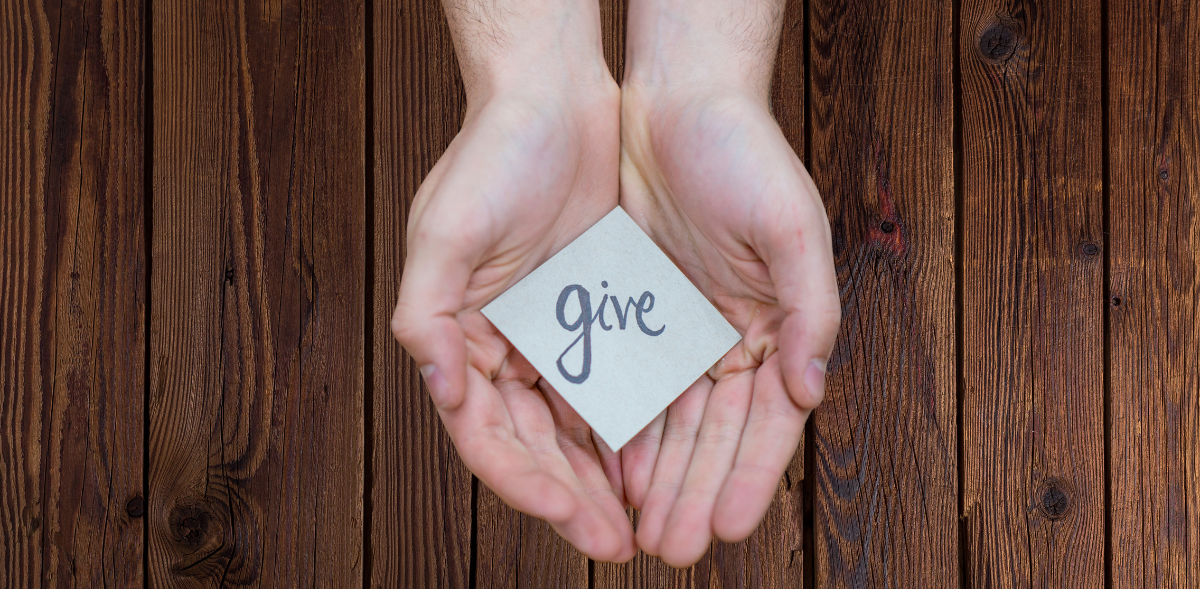Beyond Gratitude: Uncovering Altruism and Here’s How

Founder and Psychologist
dr-elisha

Thanks to pioneers like Robert Emmons and Michael McCollough, we now know that gratitude can have an enormously positive effect on our mental health. Not only that, thanks to the advent of neuroplasticity, practicing gratitude can even help shape your brain in ways that promote resilience and well-being.
But this post isn’t just about gratitude, it’s about taking it a step further which moves into another stage called altruism. Altruistic behavior is all about acting selflessly to help serve or benefit another. Altruistic behavior has been found to be a predictor of happiness and life satisfaction.
Research shows that people who engage in altruistic behaviors are more likely to have higher levels of life satisfaction and happiness. One study found that those who were more altruistic had higher levels of well–being, even when controlling for demographic characteristics and other psychological variables. These findings suggest that engaging in altruistic behavior is an important factor in achieving overall happiness and life satisfaction. (Lee, 2020; Sandstrom & Dunn, 2017).
Altruism is also tied to another hot topic in our culture today and that is compassion and kindness. I have written a number of articles about compassion and kindness because they are such good nutrition for our health and well-being. Compassion has been called an antidote to anger, and kindness has been called an antidote to fear.
Now, it could be argued that because I brought up all the personal benefits you may experience from engaging with kindness, compassion, and altruism these endeavors are not pure because you know they will serve your mental health. In other words, they’re ego-driven. Try and set this argument aside for now as we move into the social implication of kindness, compassion, and altruism.
While the brain takes longer to register compassion for social pain than individual pain, the effect is longer lasting when awareness around social pain settles in. There are certain tragedies in this world that are so apparent that a compassion trigger gets set off in the brain and we feel called to action. We have an unselfish drive to help other people and this is what altruism is all about.
Whether it’s the Turkey–Syria earthquake, the war in Ukraine, or relief from disasters, drought, or hunger, millions of people feel this calling to help. No matter how much we may be suffering in any given moment, we all have this truly bright side inside of us, it’s absolutely there.
So as they say, an ounce of practice is worth more than a ton of theory, so let’s get practical.
Consider this question right now:
Without judgment, ask yourself, where does altruism show up in my life?
Altruism could be service or funds given to a cause that you are interested in or a conscious smile to the person in the checkout line of a grocery store. Altruism could be in the act of recycling or planting some trees in giving back to the planet. It could mean volunteering at the homeless shelter or taking time to tutor someone for free. It can be in the act of knitting a hat or scarf for someone or donating food.
If you’re not noticing much, what are some ways you can consider integrating into your day? If you use a scheduling system, put it in there now to remind you to do so.
There are ways every day to show compassion and gratitude through altruism.
Compassion isn’t complete unless it includes yourself and turning your values into verbs not only helps the world, but science is clear it helps lift you up to. Practicing and repeating this is like nurturing the garden of happiness in your mind, little by little your garden can flourish.
Warmly,
Elisha Goldstein, PhD
Author of Uncovering Happiness and co-author of MBSR Every Day